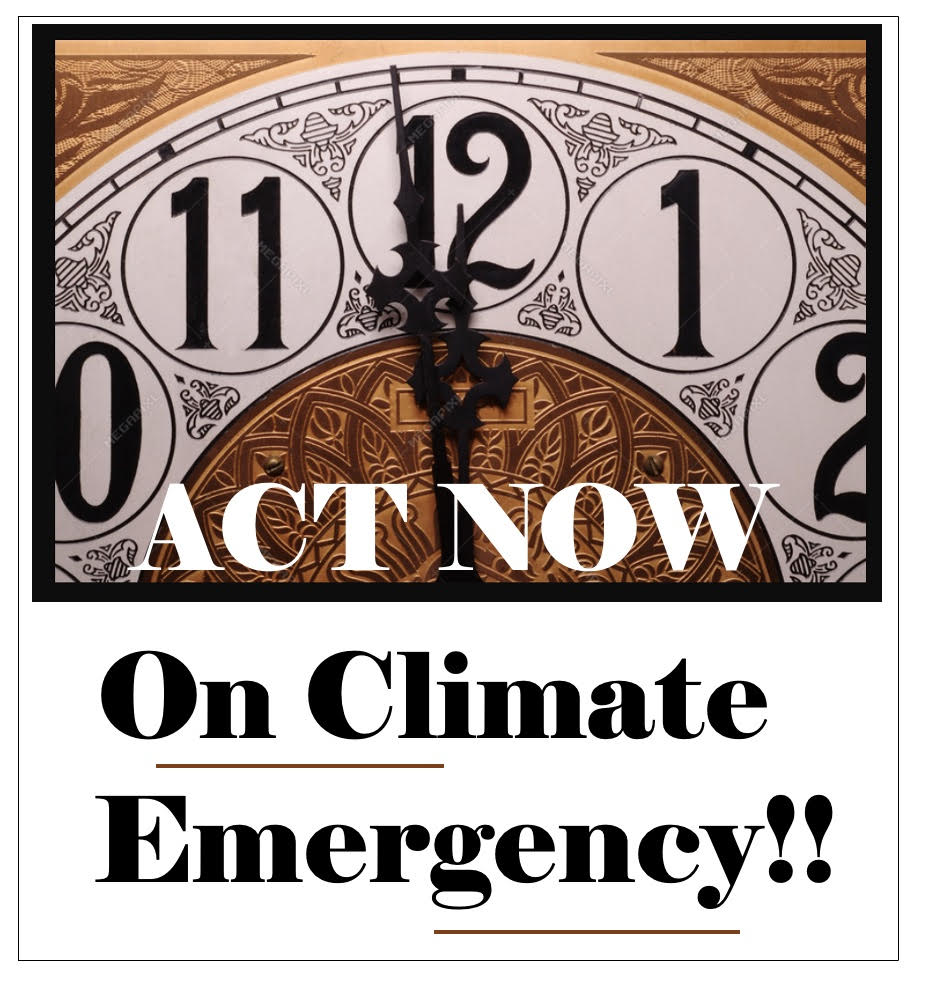As I write these words, a blanket of slushy snow lies on the ground outside my window. Just last week though, temperatures were in the upper 70s. A month ago, researchers at the Arctic Circle were reporting temperatures 50 degrees above normal. In years past, most would have dismissed such unusual weather patterns as a fluke, but today these phenomena are alarm bells. Unfortunately, our leaders have been hitting the snooze button for much too long.
On April 4, the Intergovernmental Panel on Climate Change (IPCC) released the third installment of its Sixth Assessment Report, and it paints a bleak picture. The climate crisis is upon us, and without swift action to reduce emissions, the situation may become too dire for society to adapt. But all is not lost. Rather, in the words of IPCC Chair Hoesung Lee, “We are at a crossroads. The decisions we make now can secure a liveable future. We have the tools and know-how required to limit warming.” Time is short though — if global emissions aren’t trending downward in a scant few years, we can forget about the goal of limiting warming to 1.5 degrees Celsius.
One might think that here in the progressive bastion of Portland, we’d be taking the lead on this crucial issue. Unfortunately, that isn’t the case. In 2020, XRPDX participated in an effort to pressure the City to adopt an emergency declaration on the climate crisis. This declaration recognizes many of the realities reinforced in the IPCC report. It commits the City to the actions necessary for Portland to do its part, while highlighting the importance of centering the needs and perspectives of BIPOC and the poor, who are often worst impacted by disasters. Securing such pledges was a significant achievement.
At this crucial moment though, much of this document looks increasingly like empty rhetoric, as there has been little in the way of action on the resolutions found within. For instance, the declaration resolves to develop new standards to halt the development of fossil fuel infrastructure, and to create disaster resilience strategies that prioritize frontline communities. Yet, the Zenith Energy facility continues to operate and even expand, in spite of the fact that a major earthquake or train derailment at the site could easily result in an environmental catastrophe, disproportionately affecting the poor communities along the train tracks that bring fuel into the facility.
The IPCC report underscores the immediate need for bold, concrete actions to immediately reduce emissions. City government must take bigger steps now to increase access to public transit, reduce displacement, and encourage the switch to green energy. Along with such actions must come a plan for next steps with measurable benchmarks for assessing progress toward a goal of net zero emissions. Indeed, the declaration recognizes the importance of such “clear interim goals,” but so far, real accountability has been lacking. The City must set specific and ambitious targets for reducing emissions on an annual basis, and develop plans to meet these goals and transparent processes for measuring progress. Portland’s citizens, especially the historically disenfranchised, must have a meaningful voice in setting those targets and how we meet them.
Words without action amount to little. Action can be difficult, especially on the scale and timeline that are required to live up to the City’s goals. We’re in for a bumpy ride. The latest report from the IPCC makes it clear, however, that we don’t have the luxury of empty words or half-measures anymore. Portland must live up to lofty the goals we’ve set.

